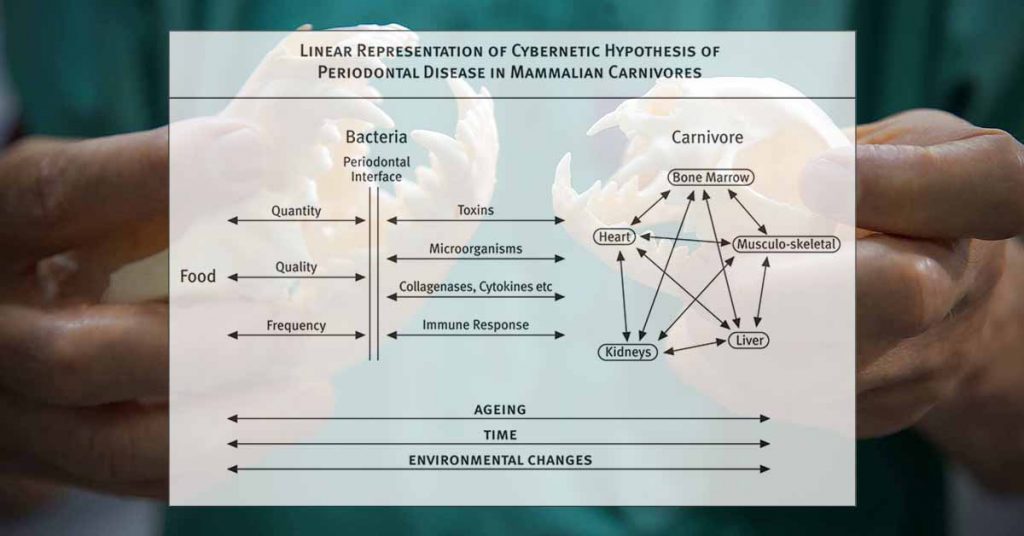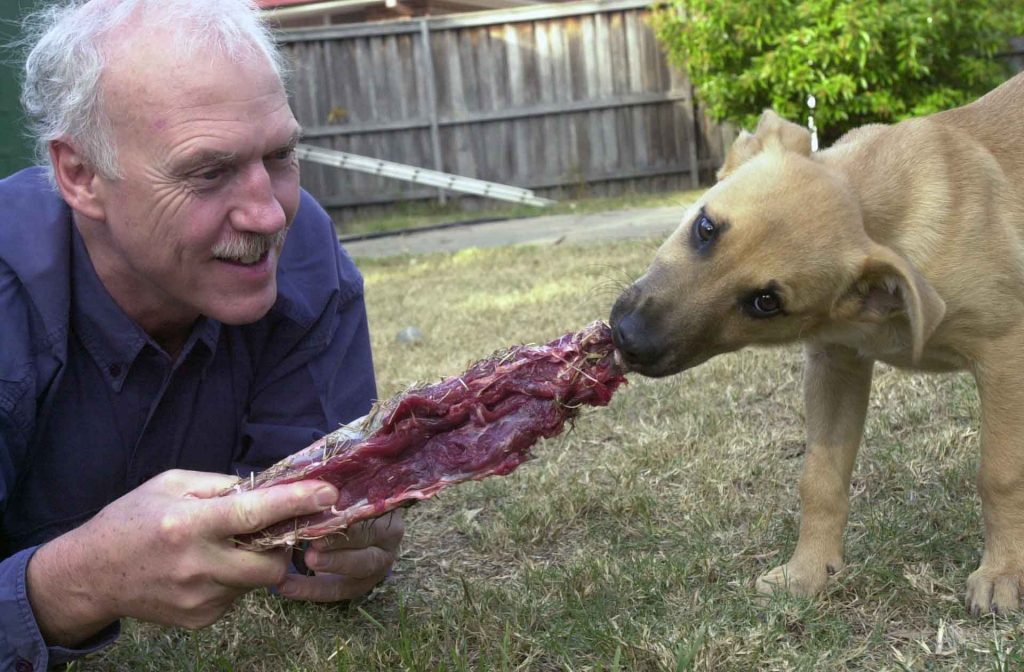Life as we know it is a multi-dimensional interactive whole with infinite permutations rolling through space and time.
I asked Bing Artificial Intelligence about the conventional linear reductionist approach that underpins much of veterinary teaching and thought and was advised:
It is a method of understanding complex systems by breaking them down into smaller parts and analyzing them separately. This approach is often criticized for being too simplistic and not taking into account the interactions between different parts of the system.
In the 2019 textbook Systems Thinking the abstract states:
Successful environmental professionals employ a systems thinking approach that views the world as a sum of interrelated and interdependent components. A systems thinking approach helps you analyze complex problems more effectively, understand how components of the natural world and human systems influence one another, and identify multiple leverage points that might be used to tackle the problem. Mapping out the physical components, processes, and impacts of a complex problem can help the systems thinker identify crucial linkages and develop strategies for most effectively solving the problem at hand.
Systems Thinking, 2009.
Now I’ll be the first to acknowledge that ‘reductionism’ has brought us a long way in the natural sciences. However, now with massive computing power at our disposal, I believe it’s time to make greater use of systems thinking and interactive models.

Of course, the two-dimensional model reproduced here is a poor substitute for a dynamic multi-dimensional model. However, it was the best I could do in 1992. Now 31 years later, I beg your indulgence and ask you to consider a shimmering multi-dimensional model moving through space and time. Since all aspects are interconnected and can become ‘better’ or ‘worse’ with the passage of time, then theoretically it’s possible to start anywhere within the model.
However greatest utility will arise if we start with ‘food’ and watch as it impacts the ecosystem comprising food, bacteria and carnivore subject.
Note how in the model, food needs to be of the correct quality, quantity and frequency. Within that framework, over time, there’s latitude. And there can be trade-offs between each of the three elements.
For our carnivore in the model, the correct quality, quantity and frequency will provide the correct balance of nutrients. It will also provide the correct balance of mental stimulation, production of endorphins and stimulation of digestive juices.
In our model, we’re more interested in the effects on the gums, noting that if the teeth and gums receive correct quality, quantity and frequency of cleaning and massage that they will remain in good condition.
However, failure of the food to perform its cleaning, massaging function gives rise to adverse effects as depicted by toxins, microorganisms, collagenases, cytokines and immune responses. The flow on adverse effects are innumerable and interrelated and affecting all body systems and organs.
Fortunately, though, if at a later date the cleaning of teeth and massaging of gums gains a boost, then some of the adverse effects can be reversed.
To which extent, I refer you to the TV evidence depicting Tess the Maltese suffering from immune collapse, 20% reduction in weight, kidney, liver and heart disease and the Zubrycki Silky Terriers suffering immune depression that recovered following radical dentistry and change of diet: https://www.thepetfoodcon.com/before-after-raw-meaty-bones/

(In the following instalment, Cybernetic Hypothesis Part IV, we shall consider some of the scientific, political and legal aspects that flow on from the cybernetic way of seeing and thinking.)



